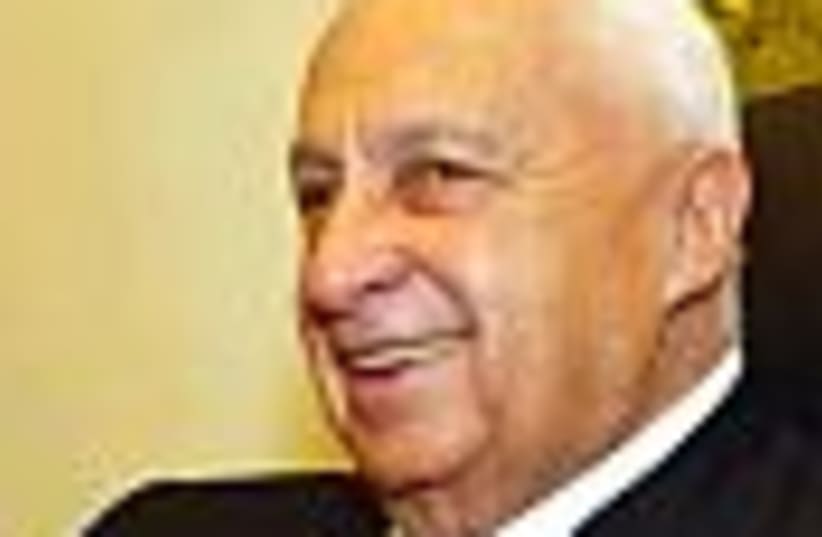| More about: | Yigael Yadin, Menachem Begin, Ariel Sharon, Moshe Dayan |
Back to the future
Sharon's decision to leave Likud may signal a realignment of the country's political map.


| More about: | Yigael Yadin, Menachem Begin, Ariel Sharon, Moshe Dayan |